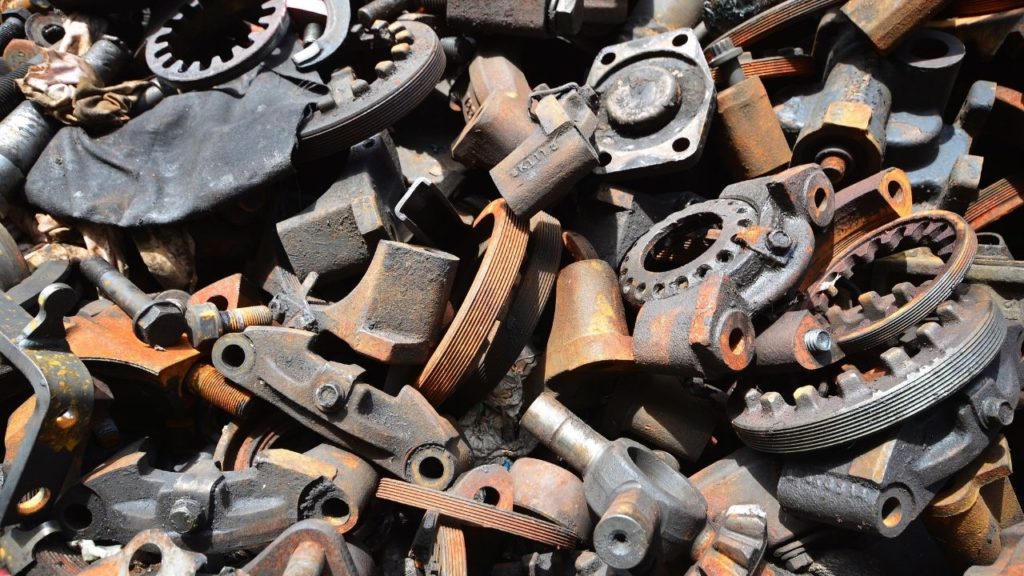
How To Make Scrap Metal Recycling More Efficient
Scrapping is all about turning trash into treasure. In some sense, all revenue from successful scrapping can be considered “found money”—in a more wasteful world, that material would end up in the garbage dumps never to be constructively reused again. In recycling, you should still seek to get the most out of scrap metal by generating the most revenue and consuming the smallest amount of energy. After all, part of what undergirds the scrapping industry is the conservation of resources. Here’s how to make scrap metal recycling more efficient—and more lucrative.
Know What To Look For
Scrap metal can be split into two groups along an important line: the presence of iron. Ferrous metals— those which contain iron—are more plentiful and therefore less valuable than non-ferrous metals, which fetch higher resale values. Time and resources are finite. Considering this, it can be best not to worry too much about collecting and processing ferrous metals at the expense of their non-ferrous counterparts (aluminum, copper, brass, nickel, and zinc.) By seeking and obtaining these alternatives to iron and steel, you can use your facility to get the most back for your hard work.
Disassemble What You Can
Metal that arrives at the yard is often more attached than it needs to be. Scrap yards require lots of heavy machinery, but no toolkit is complete without the most basic of the basics: a hammer, screwdriver, and drill. By taking apart pieces that need to be taken apart, you can ensure a more efficient workflow and capture valuable metals that may have slipped by.
Strong Separation
We rely on wire granulators to do the hard work of taking insulated copper wiring and cutting it down to what we’re really after: the copper itself, which has resale value you can bank on. Manually stripping insulation from wiring is possible yet very labor-intensive, and still leaves you with long wire to bale. A magnetic separator could make a huge difference for your recycling plant by automating much of the hard work that goes into harvesting quality copper. But that’s not all you can do with separators—electrostatic separators can help remove the valuable aluminum and copper from PCBs and other pieces of electronic equipment while similarly leaving the plastic for disposal. When it comes to how to make scrap metal recycling more efficient, it’s an investment that should pay for itself.

